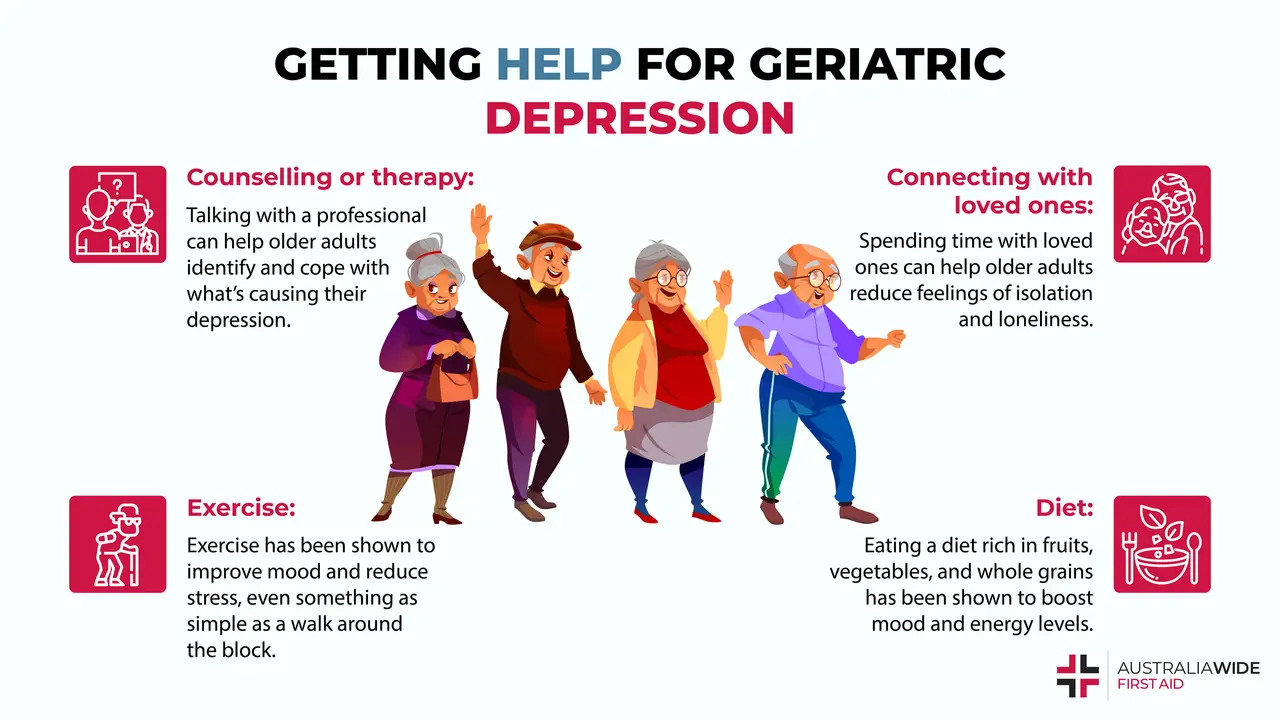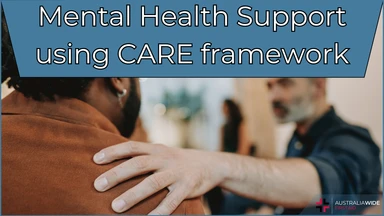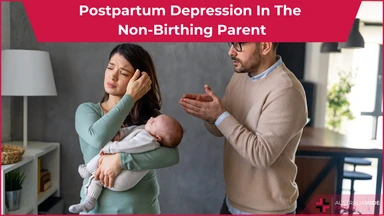Geriatric Depression: Not a Normal Part of Growing Old


Depression is not a normal part of growing old. It's important to be able to identify the signs and symptoms of geriatric depression, so that you can get your loved ones the help they need.
This post will discuss what geriatric depression is, why it occurs, and how to get treatment for it.
Geriatric depression is a mental health condition that is characterized by a persistent low mood in elderly individuals. This can include feelings of sadness, hopelessness, worthlessness, and/or isolation. Older adults may also experience changes in their sleeping or eating habits, energy levels, and ability to concentrate.
In Australia, geriatric depression occurs in approximately 10-15% of adults over the age of 65. However, this number is likely to be higher, as many cases go undiagnosed and untreated. Stigma relating to mental health within this age group is also thought to be a contributing factor.
Depression is not a normal part of aging, and it can be serious. If left untreated, it can lead to other problems such as social isolation, decreased mobility, and even suicide.
Symptoms of geriatric depression are:
If you notice any of these symptoms in a loved one, it's important to talk to them about getting help. Depression is treatable, and there are many resources available to older adults who are struggling.
There are many factors that can contribute to geriatric depression. These can include:
If you're concerned that a loved one is suffering from geriatric depression, the first step is to talk to their doctor. They will be able to rule out other possible causes of the symptoms and make a diagnosis.
Diagnosis is completed using the Geriatric Depression Scale (GDS) which can identify moderate to severe forms of depression. The GDS is a 30-item questionnaire that is completed by the patient.
Once depression has been diagnosed, the next step is to develop a treatment plan. This will likely involve a combination of medication and therapy. Medications used to treat depression in older adults include antidepressants, antipsychotics, and mood stabilizers. Antidepressants are the most commonly prescribed medication for geriatric depression, and they can be effective in treating the condition.
If you're concerned about geriatric depression, talk to your loved one's doctor. They can screen for depression and make recommendations for treatment. Treatment options for geriatric depression include:
Depression is a serious condition, but it's important to remember that it's treatable. There are many resources available to older adults who are struggling. With treatment, your loved one can start to feel better and regain their quality of life.
If you're worried about someone, the best thing to do is talk to them about it. Let them know that you're concerned and offer your support. You can also encourage them to see their doctor, who can screen for depression and make recommendations for treatment.
If you are responding to an emergency for someone who has depression, you should:
Depression is a serious condition, but it's important to remember that it's treatable. There are many resources available to people who are struggling. With treatment, they can start to feel better and regain their quality of life. First aid courses can help you learn how to respond to someone who is experiencing a health emergency. Visit Australia Wide First Aid to find a course near you.
If you want to learn more about preventing, identifying, and managing the symptoms of mental health issues, check out the following articles in our Resource Library:

February 18, 2025
Mental health can be influenced by every aspect of our lives, and the weather is no exception. In places closer to the equator with humid environments, like Darwin here in Australia, the onset of monsoon season can see people suffer from a tropical seasonal affective disorder known as ‘mango madness’.

January 16, 2025
Mental health crises can occur unexpectedly, and knowing how to respond effectively can make a significant difference. The CARE framework is an easy-to-remember guide for offering support during a mental health crisis. It is also applicable if you think you might be seeing signs and symptoms of low mental health in a loved one, friend, or colleague.

June 3, 2024
New parents, both birthing and non-birthing, can develop postpartum depression. Birthing parents are easily recognized as being at risk for postpartum depression; however, it is important to acknowledge that non-birthing parents are equally susceptible to experiencing postpartum depression.